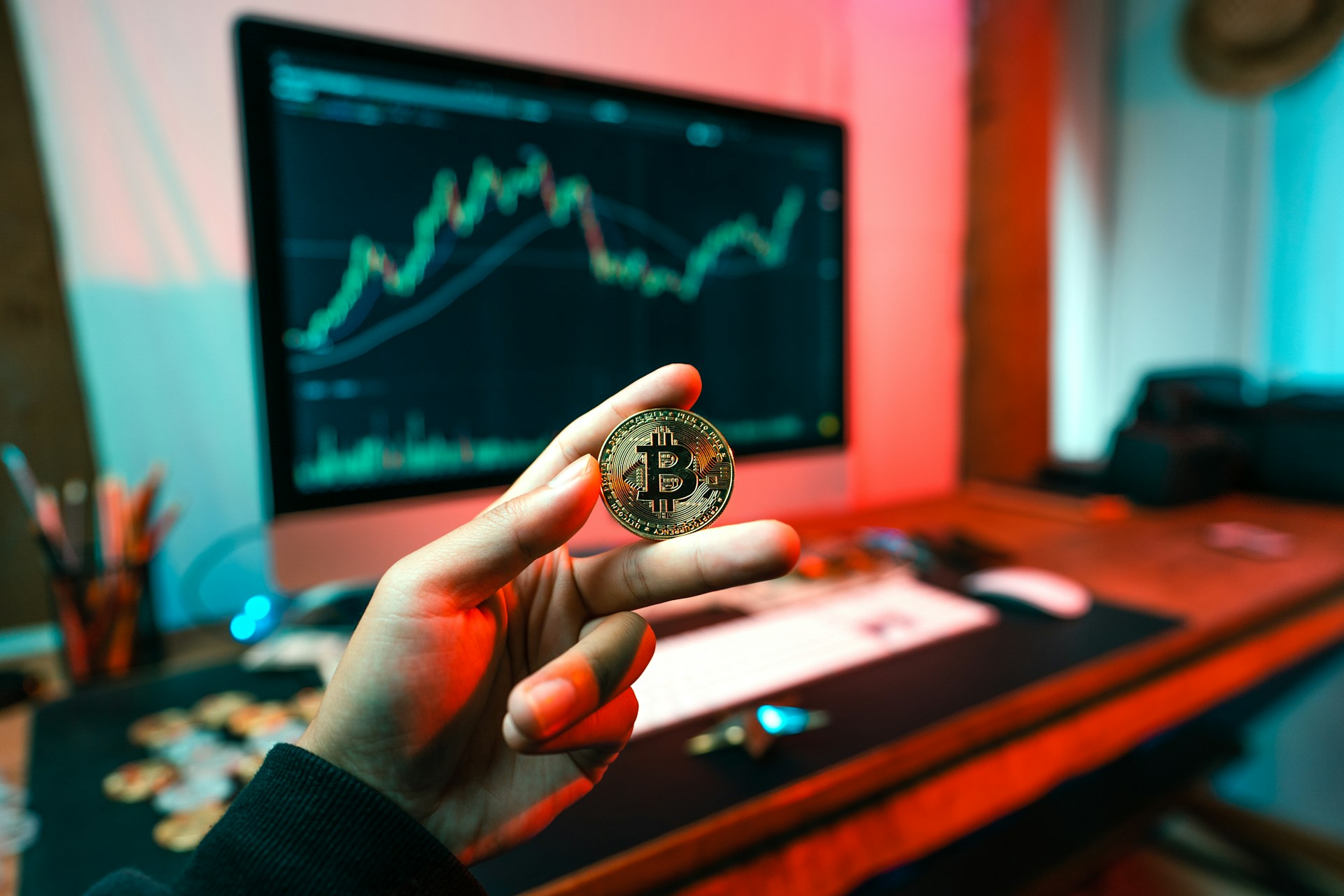
What is Premarket Trading?
Premarket trading is a concept that has gained significant attention in both traditional financial markets and the cryptocurrency space. It refers to trading activities that occur outside the standard operating hours of exchanges.
While traditional premarket trading focuses on stocks and other securities before the official market opens, cryptocurrency premarket trading involves trading tokens that have not yet been officially listed on exchanges.
In this article, we’ll explore what premarket trading is, how it works, its advantages, and the risks involved. Whether you’re a seasoned trader or a beginner, understanding premarket trading can help you make more informed decisions and potentially gain an edge in the market.
While traditional premarket trading focuses on stocks and other securities before the official market opens, cryptocurrency premarket trading involves trading tokens that have not yet been officially listed on exchanges.
In this article, we’ll explore what premarket trading is, how it works, its advantages, and the risks involved. Whether you’re a seasoned trader or a beginner, understanding premarket trading can help you make more informed decisions and potentially gain an edge in the market.

What is Premarket Trading?
What is Premarket Trading?
Premarket trading refers to the buying and selling of assets before the official trading hours of an exchange. In traditional markets, such as the New York Stock Exchange (NYSE) or NASDAQ, premarket trading typically occurs in the early morning before the market opens at 9:30 AM EST.During this time, traders can react to news, earnings reports, or macroeconomic events that occurred after the previous day’s market close. For example, if a company announces better-than-expected earnings after the market closes, traders might buy its stock during premarket hours in anticipation of a price increase when the market opens.
However, not all stocks are available for premarket trading, and the rules for premarket transactions differ from regular trading hours.
What is Cryptocurrency Premarket Trading?
In the cryptocurrency world, premarket trading takes on a slightly different meaning. Since crypto markets operate 24/7, the concept of premarket trading refers to the buying and selling of tokens before they are officially listed on major exchanges.Cryptocurrency premarket platforms allow investors to trade tokens during the period between their announcement and their official launch. This can include tokens from initial exchange offerings (IEOs), initial coin offerings (ICOs), or other distribution events.
For example, a new blockchain project might announce the release of a token through an IEO. Before the token is officially listed on exchanges, early investors can trade it on premarket platforms. This helps establish an initial price and liquidity for the token before it hits the broader market.
How Does Premarket Trading Work?
Traditional Premarket TradingIn traditional markets, premarket trading is facilitated through electronic communication networks (ECNs). These networks connect buyers and sellers outside regular trading hours.
Key characteristics of traditional premarket trading include:
Lower Liquidity: Fewer participants mean lower trading volumes, which can lead to wider bid-ask spreads.
Higher Volatility: Prices can fluctuate significantly due to the lower liquidity and the impact of major news events.
Influence on Opening Prices: Premarket trading can set the tone for the official market open, as it reflects early investor sentiment.
For instance, if a company releases positive earnings after the market closes, investors might buy its stock during premarket hours, driving up the price before the market even opens.
Cryptocurrency Premarket Trading
Cryptocurrency premarket trading often occurs on decentralized platforms or peer-to-peer (P2P) networks. These platforms allow investors to trade tokens that are not yet available on major exchanges.Key features of cryptocurrency premarket trading include:
Early Price Discovery: Traders can gauge the potential value of a token before its official launch.
Speculative Opportunities: Investors can buy tokens at lower prices and sell them at a profit after the official listing.
Risk of Scams: Since many premarket tokens are not yet fully vetted, there is a higher risk of fraud or project failure.
Advantages of Premarket Trading
Early Price Discovery:Premarket trading allows investors to assess the potential impact of news or events on asset prices before the official market opens. This can provide valuable insights into market sentiment and potential trends.
Strategic Adjustments:
Traders can adjust their strategies based on premarket activity, allowing them to react quickly to market-moving events.
Extended Trading Hours:
Premarket trading provides additional opportunities for those who cannot trade during standard market hours due to work or other commitments.
Potential for Higher Returns:
In cryptocurrency premarket trading, early investors can often purchase tokens at lower prices and sell them at a profit after the official listing.
Risks of Premarket Trading
Lower Liquidity:
With fewer participants, premarket trading often has lower liquidity, leading to wider spreads and higher volatility.
Limited Market Participation:
The reduced number of traders during premarket hours can result in price movements that do not accurately reflect broader market conditions.
Higher Risk of Manipulation:
The lower liquidity and participation make premarket trading more susceptible to price manipulation.
Increased Volatility:
Prices can swing dramatically during premarket hours, increasing the risk of significant losses.
Lack of Regulation:
Cryptocurrency premarket trading, in particular, is often less regulated, increasing the risk of scams or fraudulent projects.
How to Participate in Premarket Trading
Traditional MarketsTo participate in traditional premarket trading, you’ll need:
A brokerage account that offers premarket trading.
Access to an electronic communication network (ECN).
An understanding of the risks and rules associated with premarket trading.
Cryptocurrency Markets
For cryptocurrency premarket trading, you’ll need:
Access to a premarket trading platform or decentralized exchange (DEX).
A cryptocurrency wallet to store your tokens.
Thorough research into the project and token you’re trading.
Conclusion
Premarket trading offers unique opportunities for investors to gain an early edge in the market. Whether you’re trading stocks before the market opens or speculating on cryptocurrency tokens before their official launch, premarket trading can provide valuable insights and potential profits.
However, it’s essential to understand the risks involved, including lower liquidity, higher volatility, and the potential for manipulation. By conducting thorough research and using a disciplined approach, you can navigate the complexities of premarket trading and make informed decisions.
As the financial markets continue to evolve, premarket trading will likely remain a valuable tool for investors seeking to stay ahead of the curve.
#PremarketTrading #Cryptocurrency #StockMarket #TradingStrategies #InvestingTips









Report
My comments